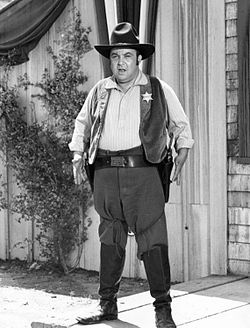History
There have been several minor changes to the name of the award over this time:
- From 1959 to 1967 it was Best Comedy Performance
- From 1968 to 1991 it was known as Best Comedy Recording
- From 1992 to 1993 and from 2004 to the present day it was awarded as Best Comedy Album
In 1960 and 1961 two separate awards were presented for the best spoken and for the best musical comedy performance.
In 1994, after four consecutive years of wins by classical music comedy albums, the award was restricted to spoken word comedy albums and moved into the "spoken" field. From then through 2003, it was awarded as the Grammy Award for Best Spoken Comedy Album.
In 2004 the award was reinstated within the comedy field as the Grammy Award for Best Comedy Album, once again allowing musical comedy works to be considered.
Bill Cosby holds the record for most consecutive wins, with six earned between 1965 and 1970. Peter Schickele (of P.D.Q. Bach fame) is the runner-up, with four wins between 1990 and 1993.
This page is based on this
Wikipedia article Text is available under the
CC BY-SA 4.0 license; additional terms may apply.
Images, videos and audio are available under their respective licenses.


































